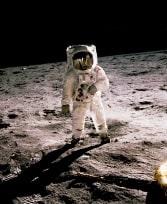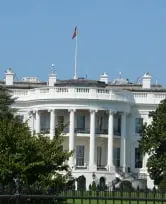


Constipation is the last thing you want around the Christmas dinner table...

Tens of thousands of people were deported in 2025, according to the White House

Kevin O'Leary used to work for Steve Jobs

Kylie Kelce is asking her brother-in-law to set the record straight on his relationship with the pop star
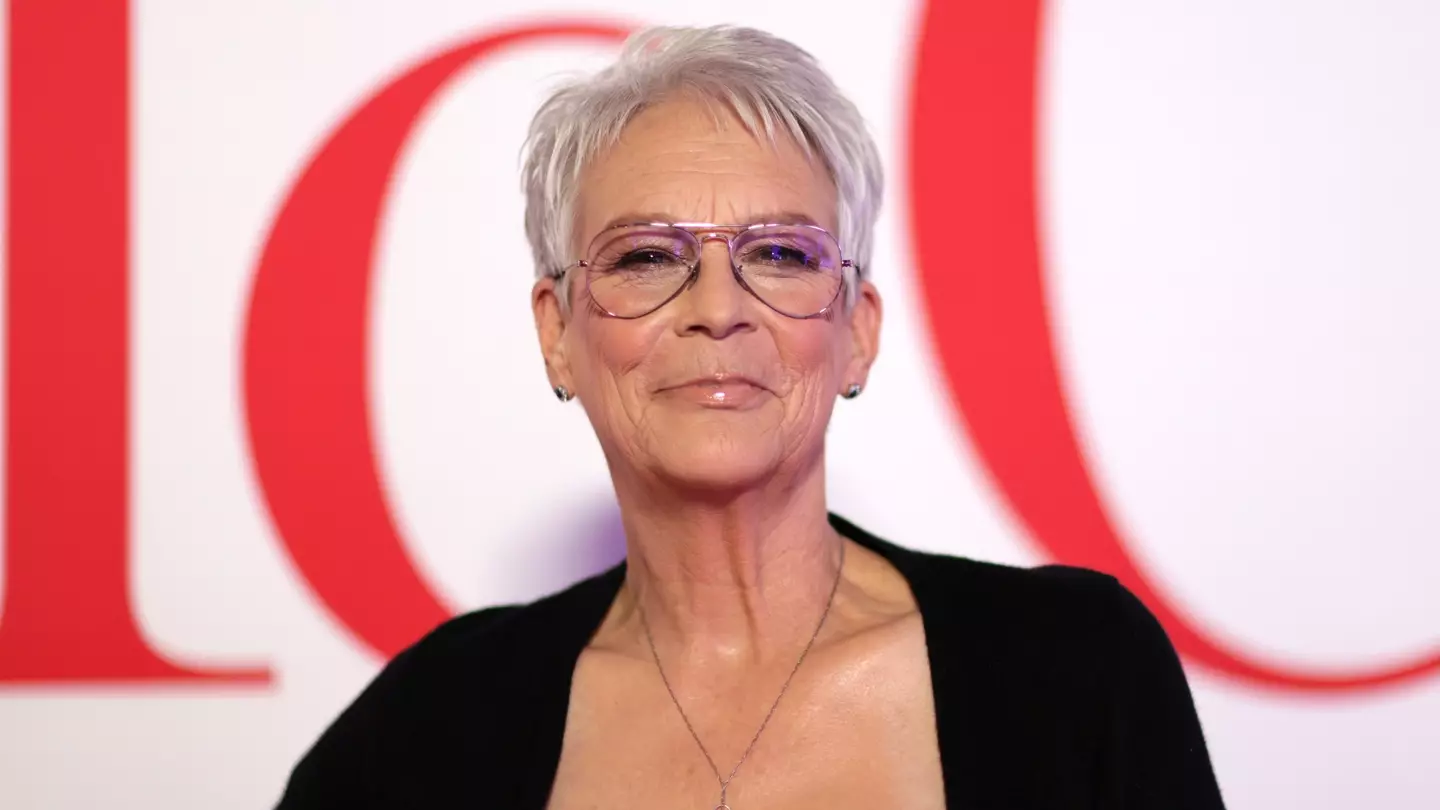
Jamie Lee Curtis had plastic surgery during her 20s

The viral TikTok video of Kristin Cabot in the arms of her boss at a Coldplay concert was viewed more than 150 million times

Parishioners have spoken out about what they saw

Dr Byron Creese has stressed the importance of catching dementia early on, and it sadly may be visible around the table this Christmas

Bonnie Blue appeared in court earlier this month

The singer has been open about her struggles with substance addiction and sobriety, but this is for something different entirely

Love Actually has become a Christmas staple in our lives over the years, even if it featured a rather questionable love triangle
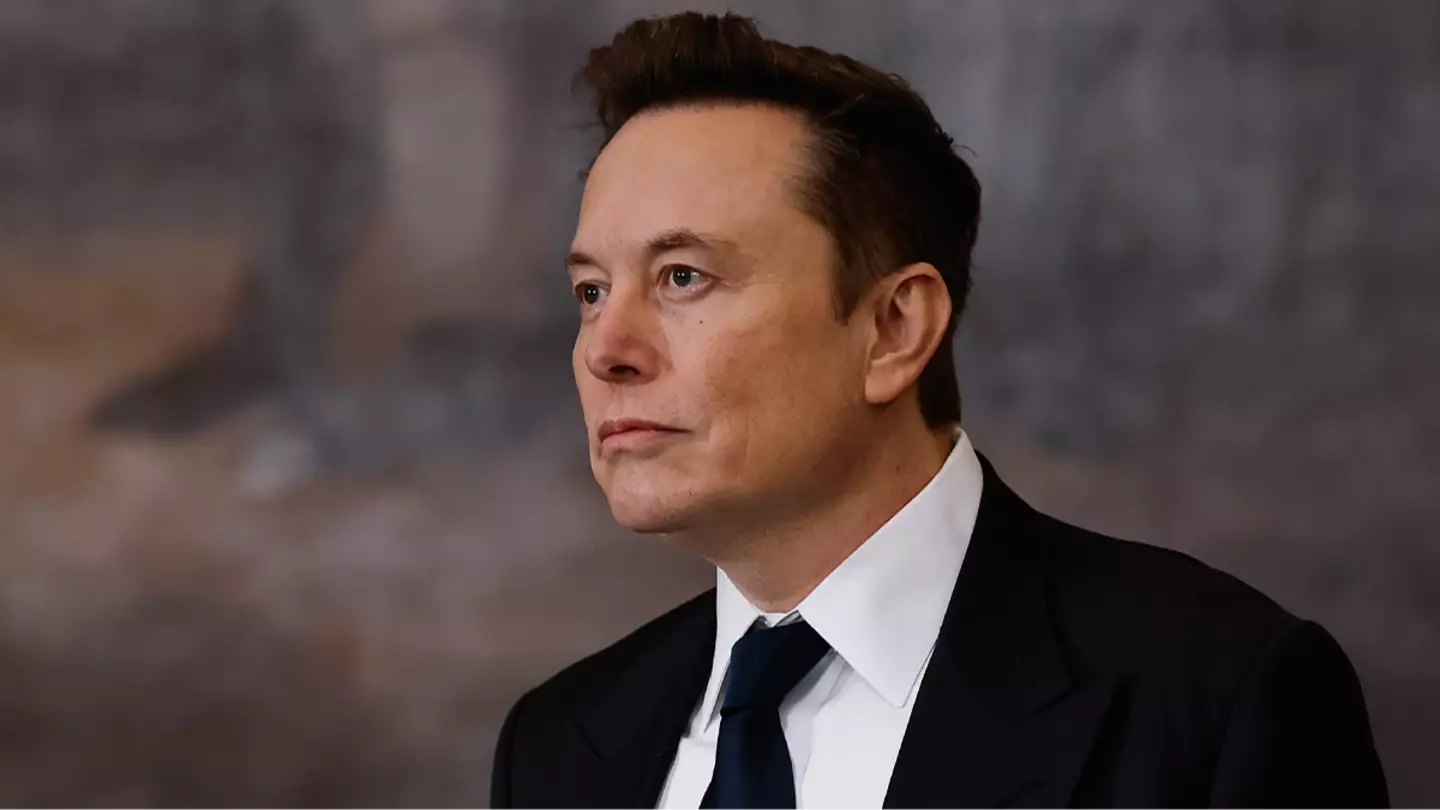
The world's wealthiest people became significantly richer this year, with one billionaire's net worth ballooning more than any other

The Pittsburgh Steelers player has been suspended for the rest of the regular season

Teenage cheerleader Anna Kepner was found dead on a cruise ship, and texts have been released

One angry social media user even accused Erika of 'blasphemy'
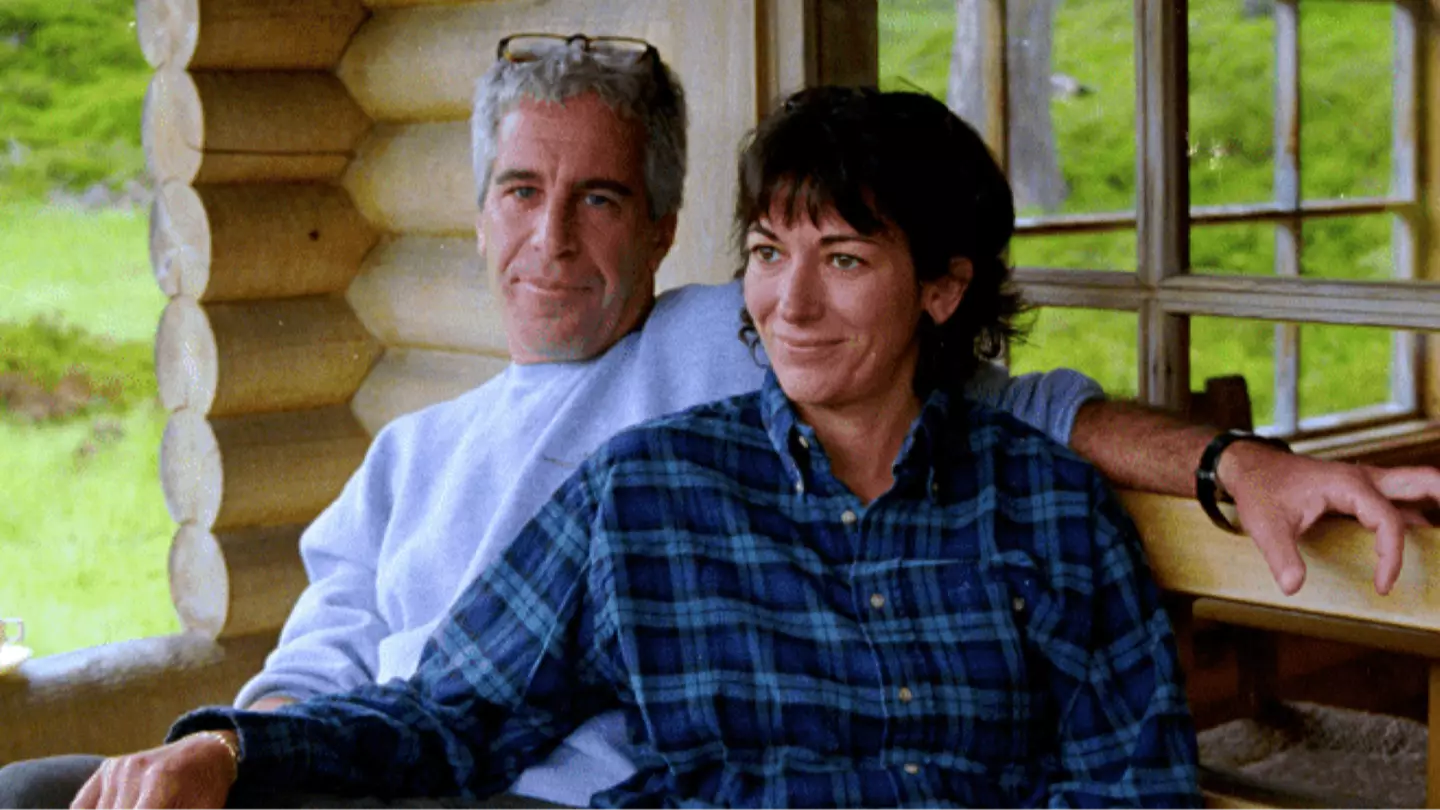
The chaotic release of the 'Epstein files' by the Department of Justice has exposed several survivors of abuse despite heavy redactions
.png)
This iconic movie moment becomes even more hilarious when you realize it was unscripted

Trump has recently said the US 'has to have Greenland for national security'

Two brands of frozen raw shrimp have been recalled nationwide

Our bodies are greater than we'll ever understand, especially in the face of danger after the burners kick on

The Department of Justice has called the claims against Trump 'untrue and sensationalist'

The moment was captured in awkward footage

There's a lot to celebrate over the festive season, but issues between the sheets might be a cause for concern



